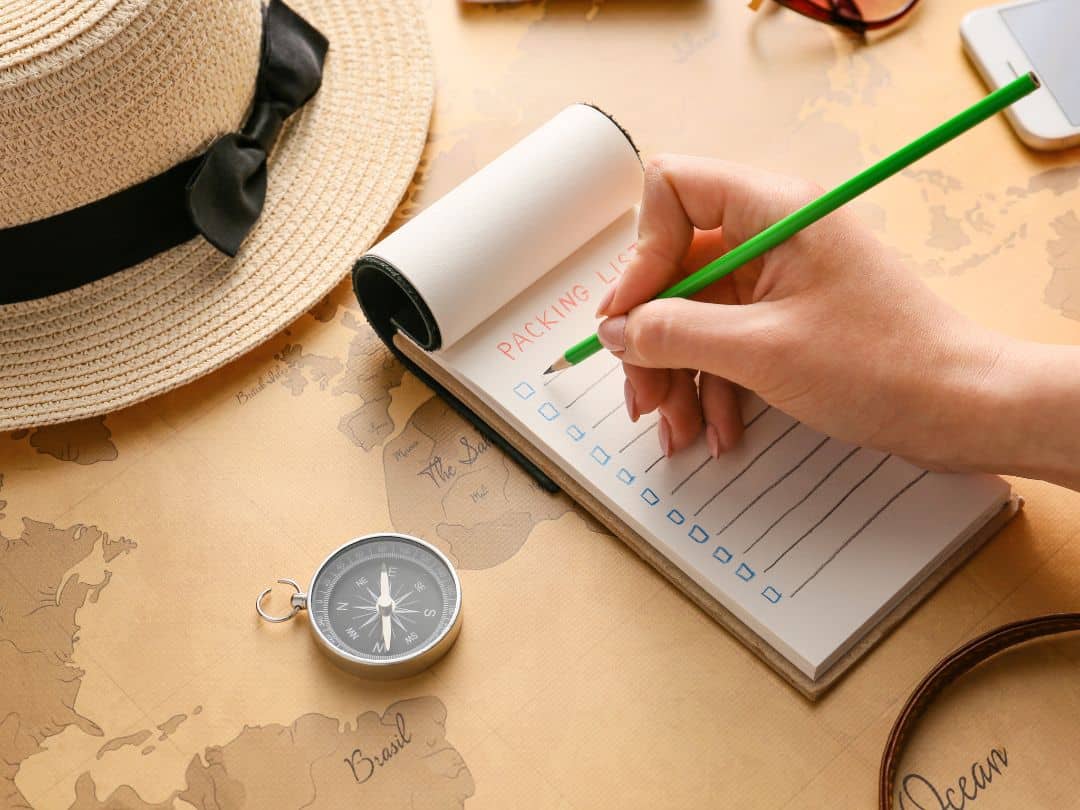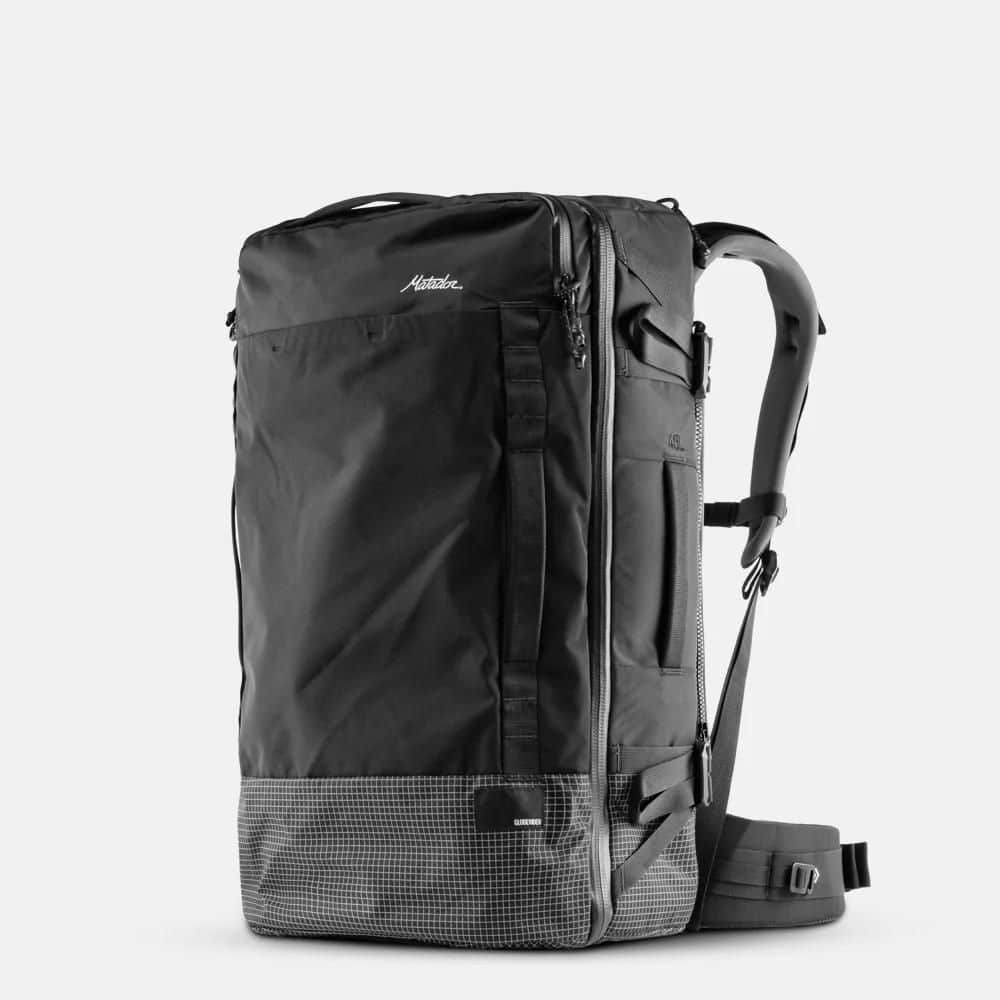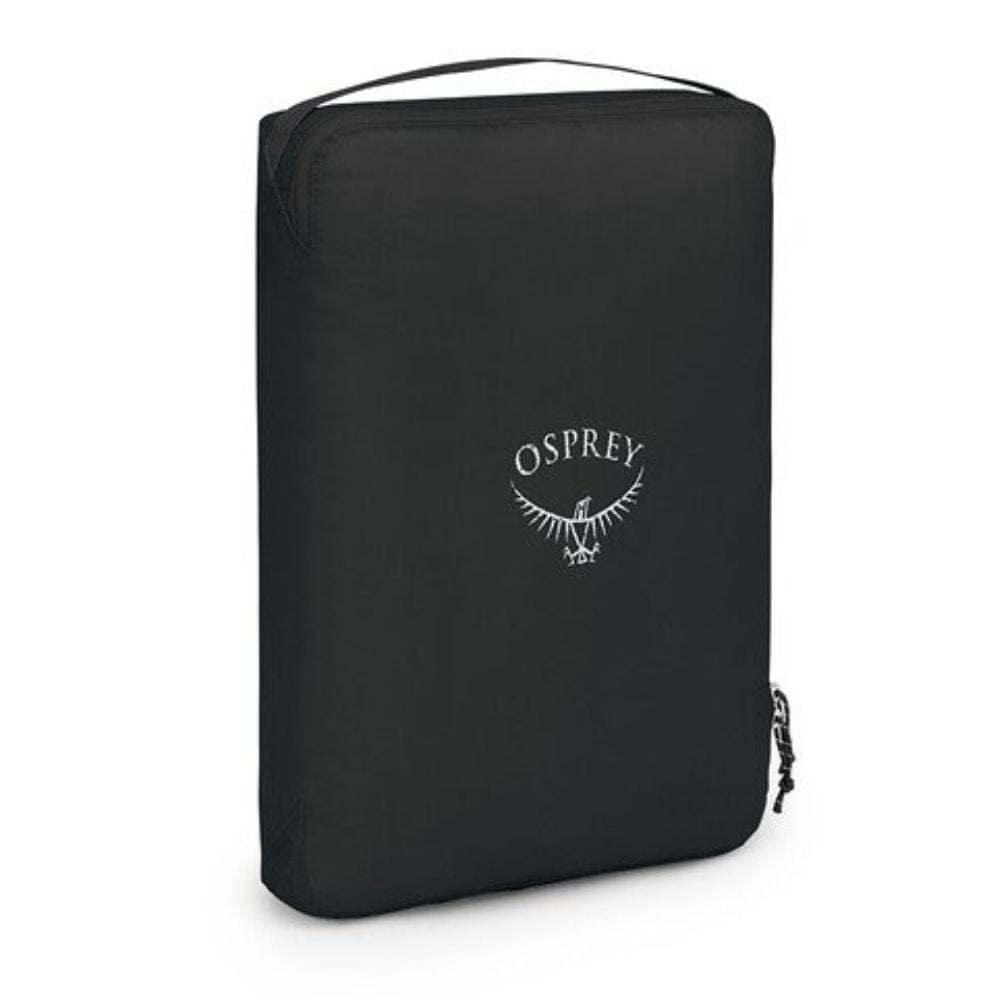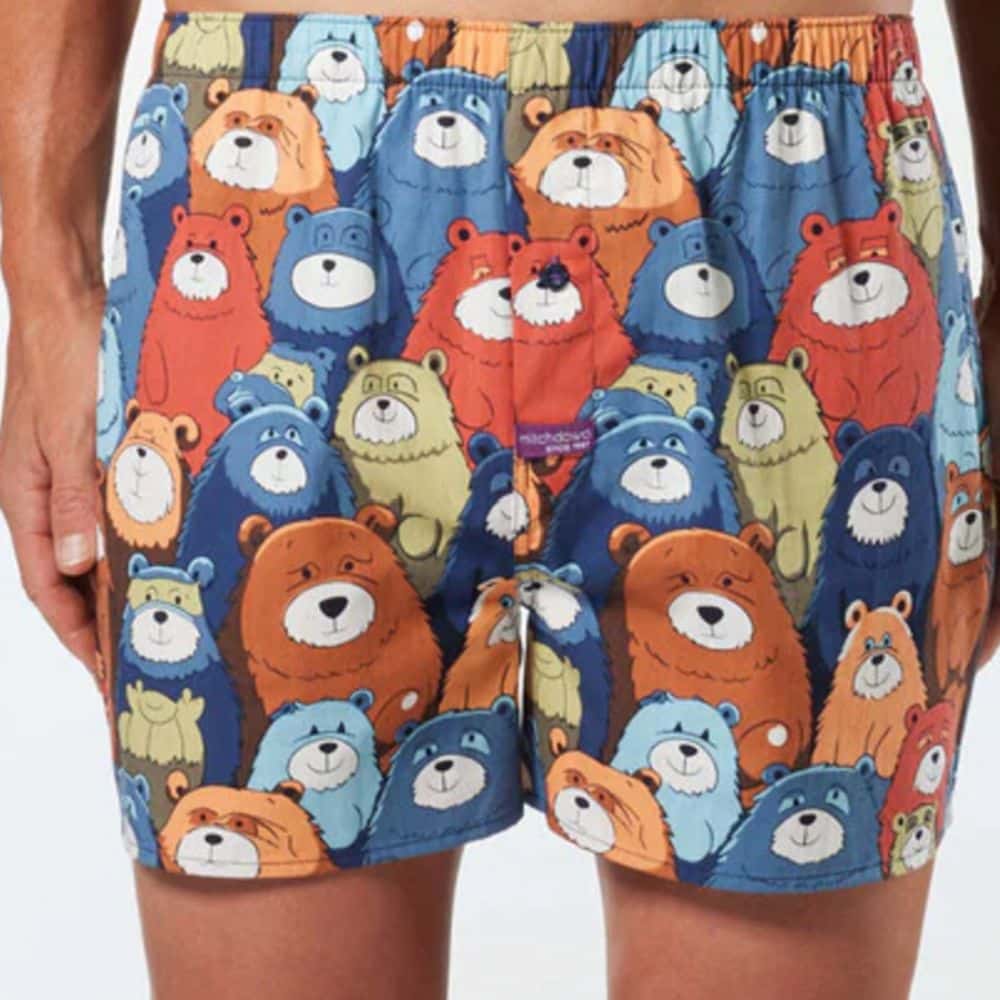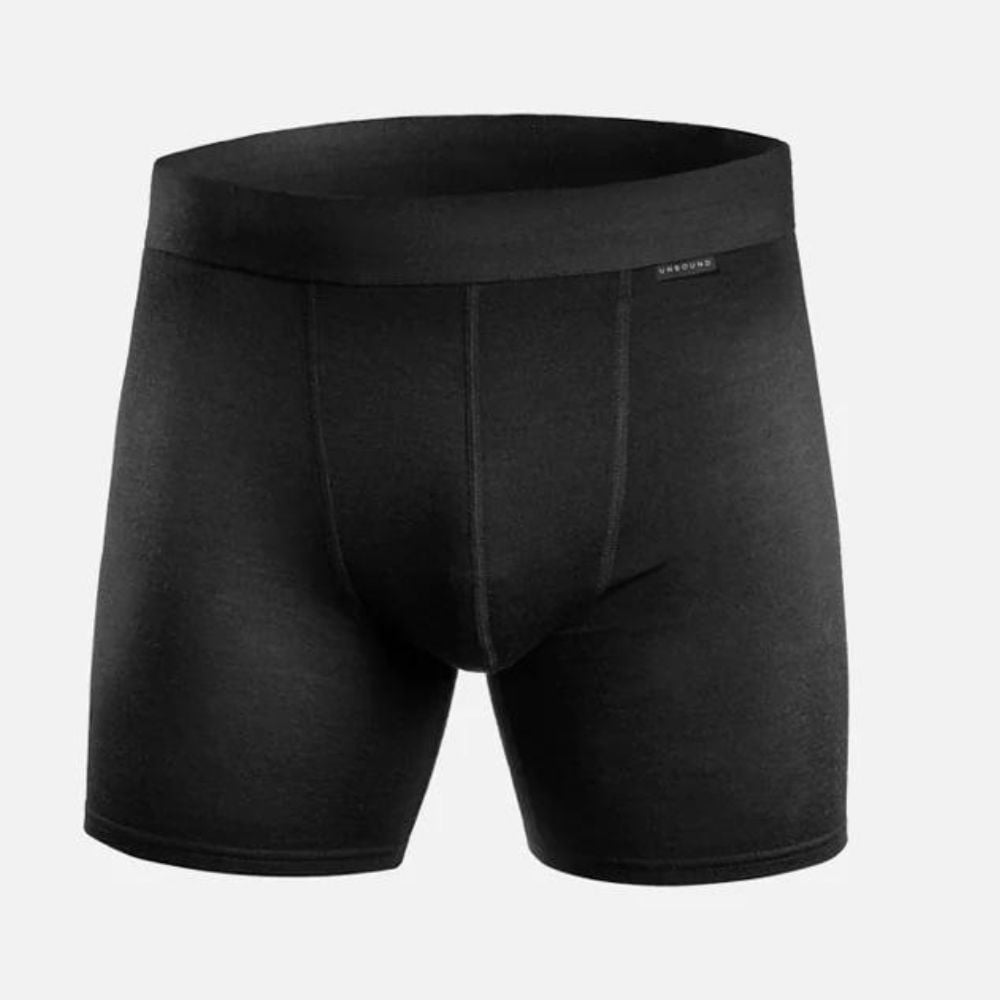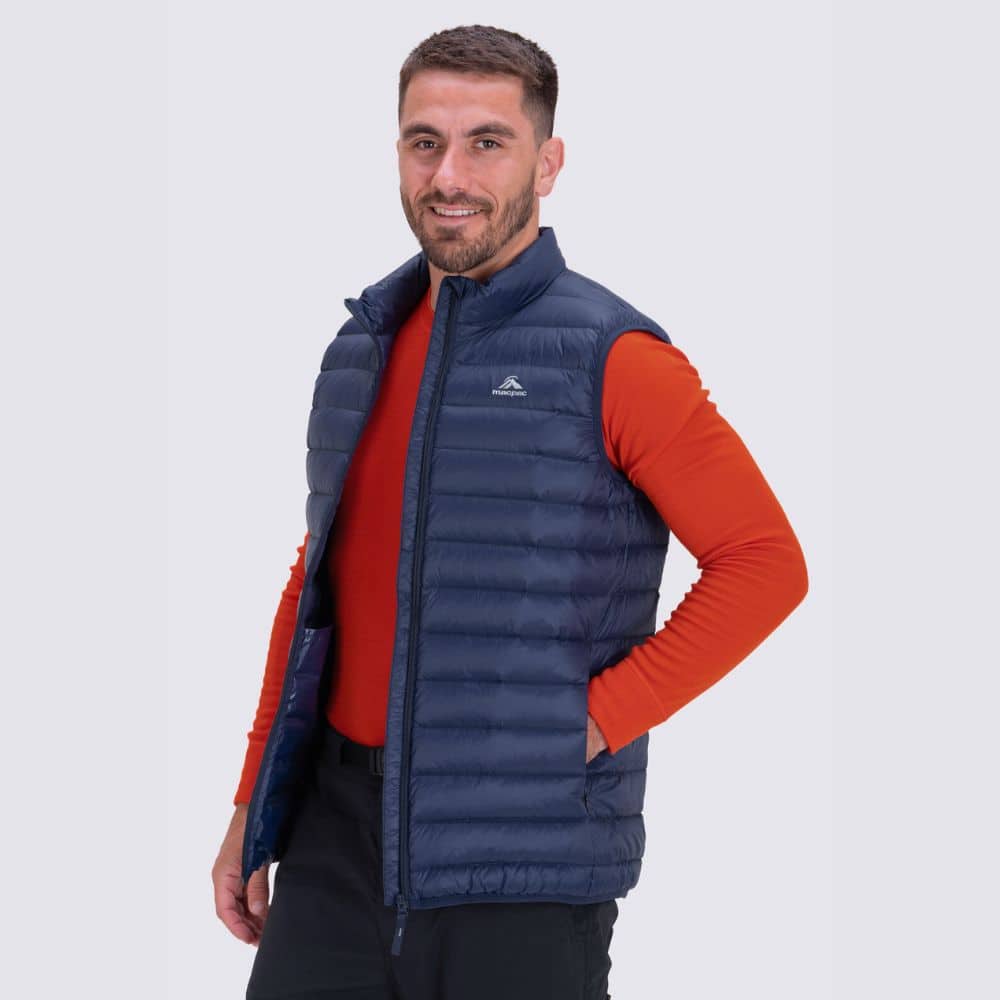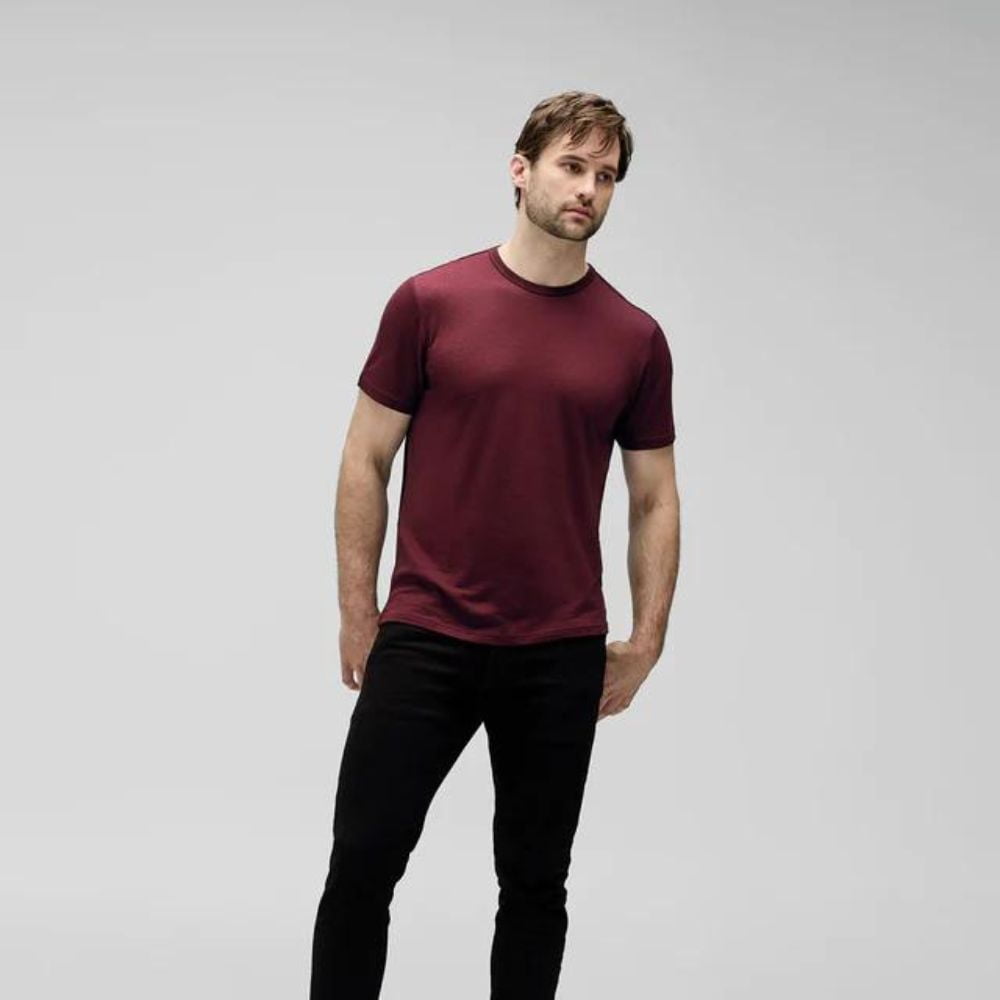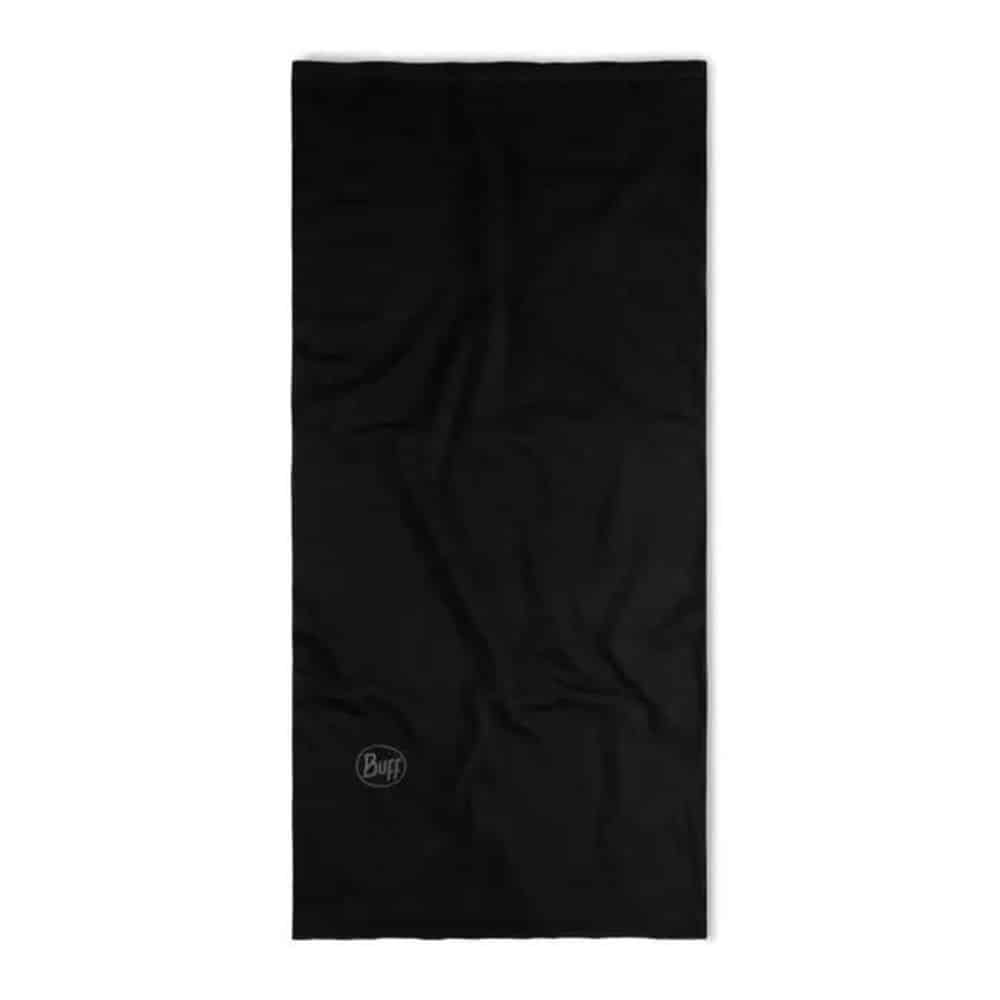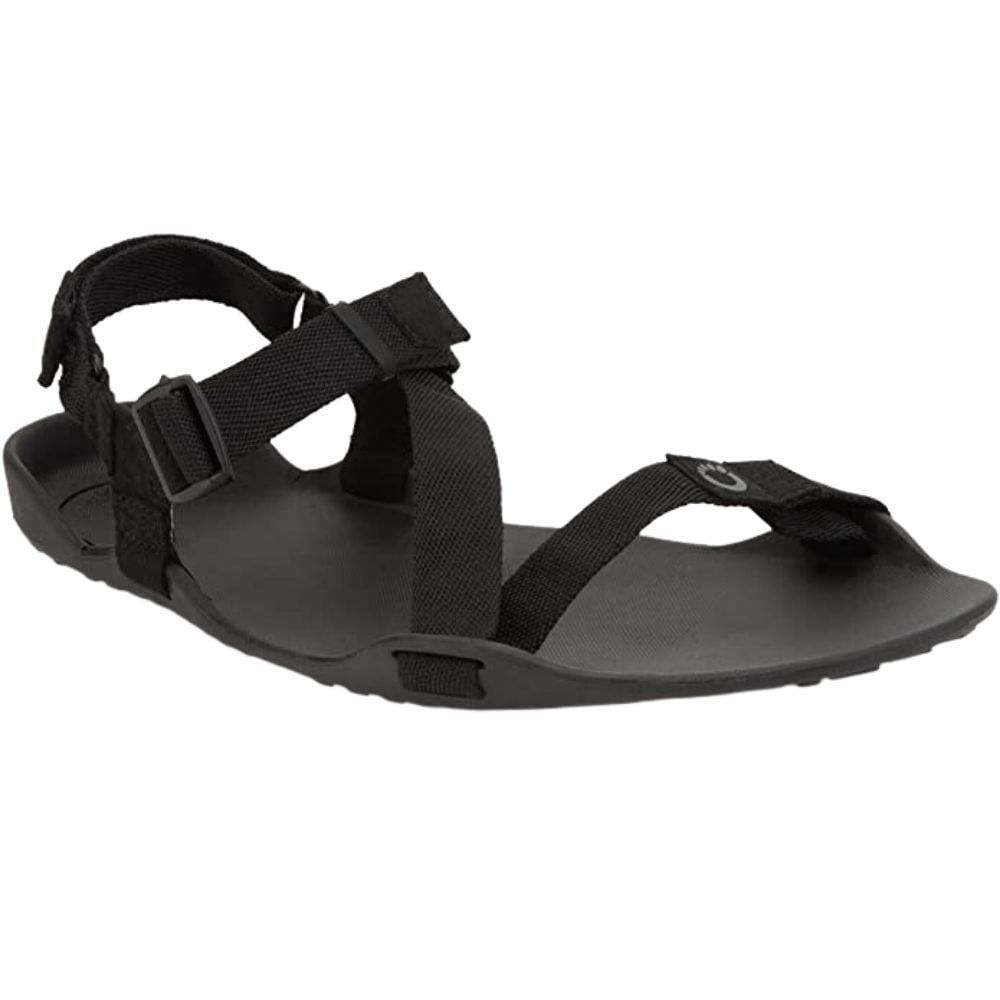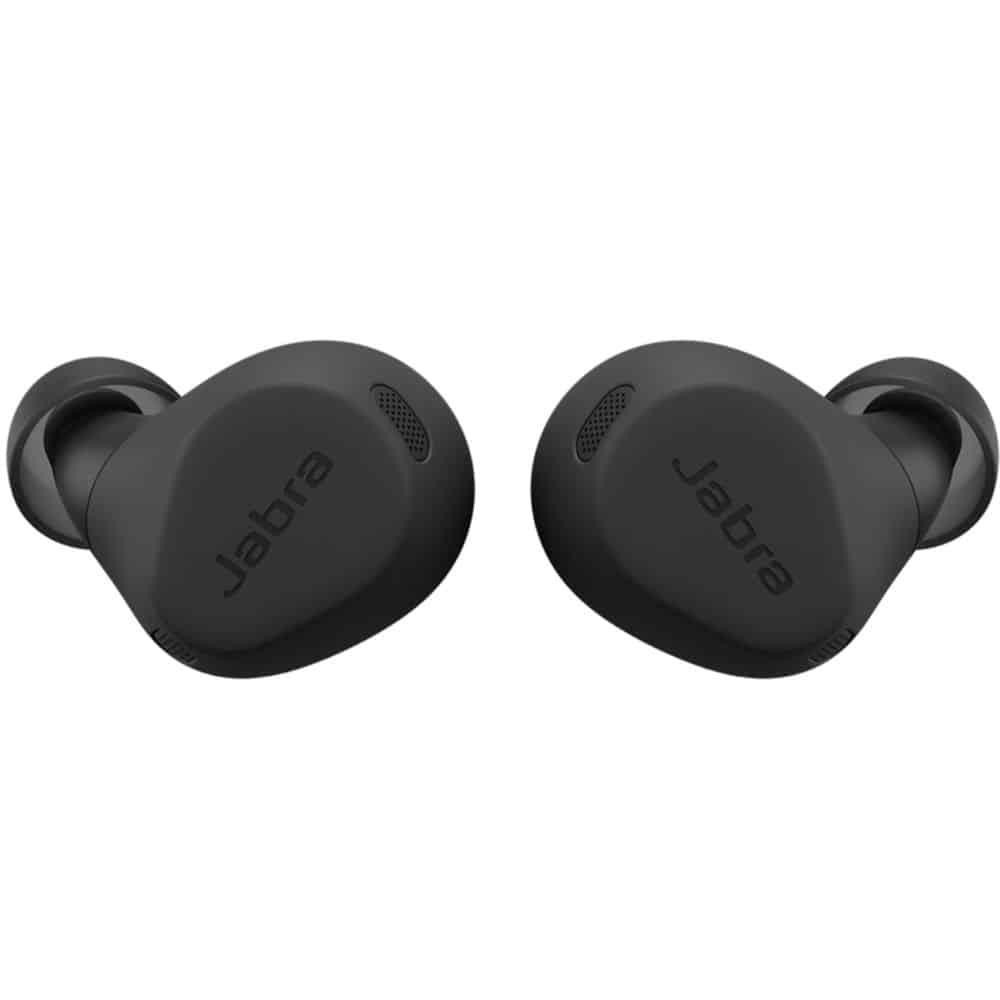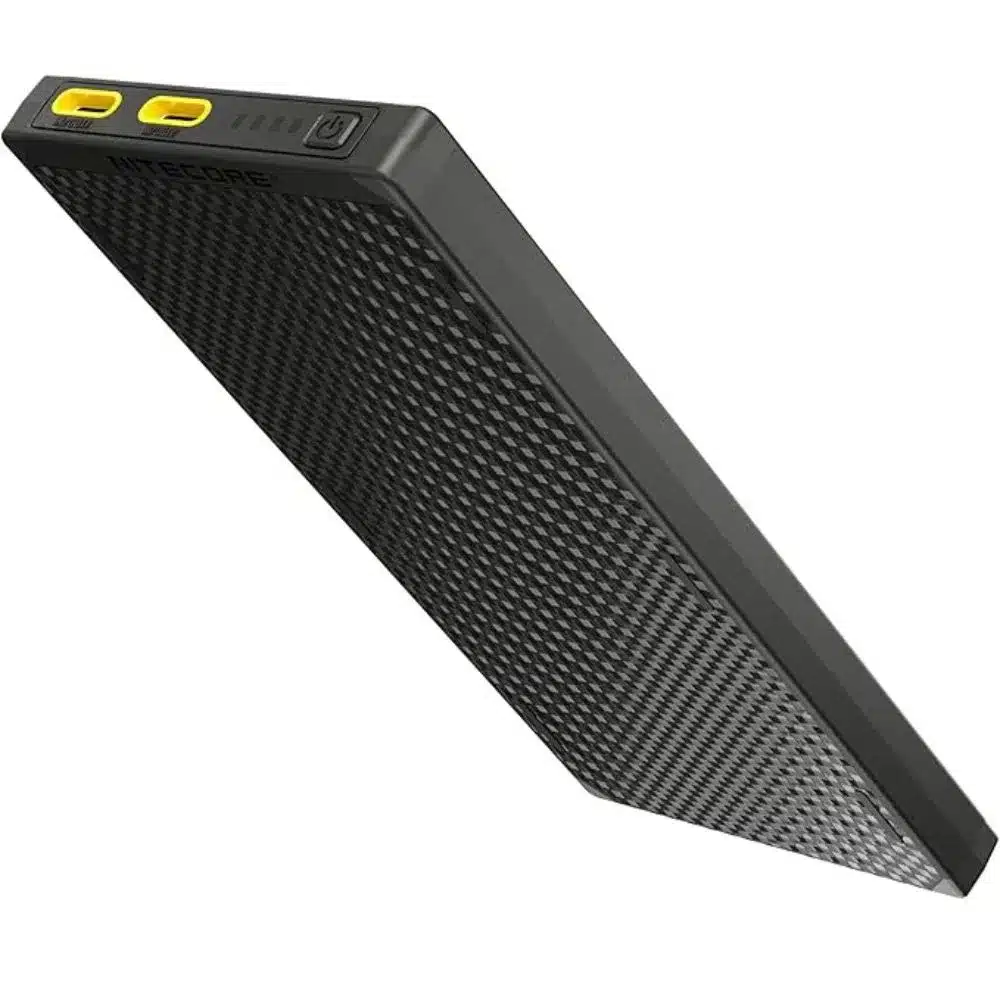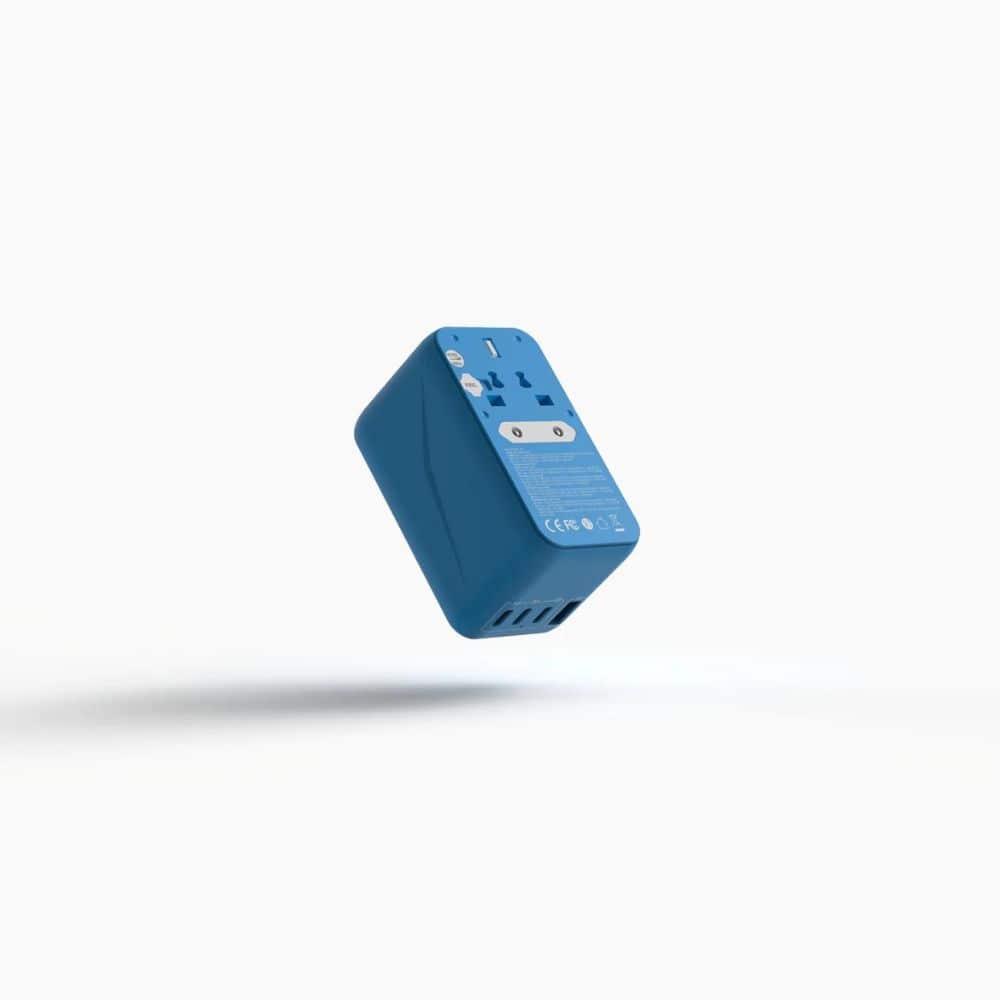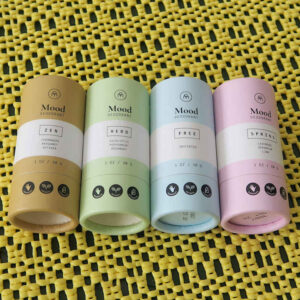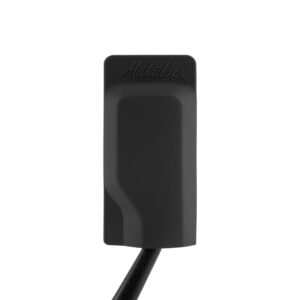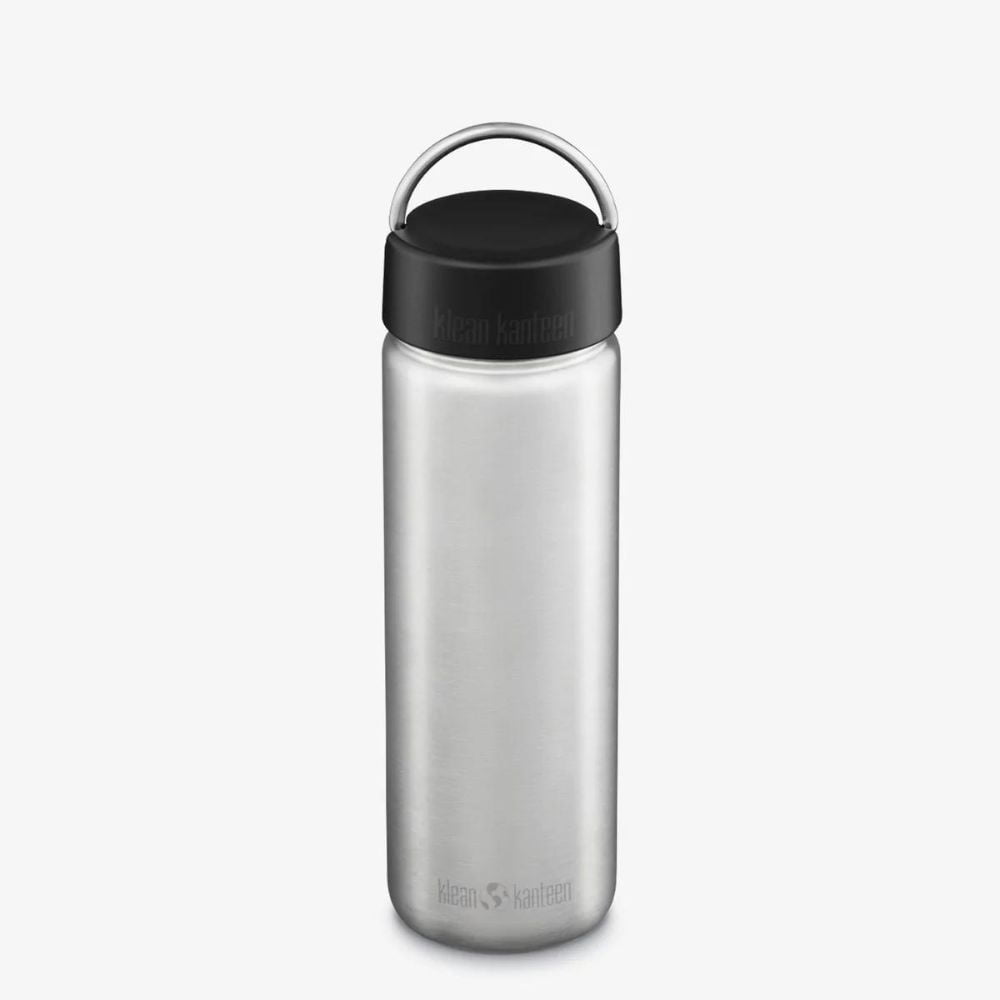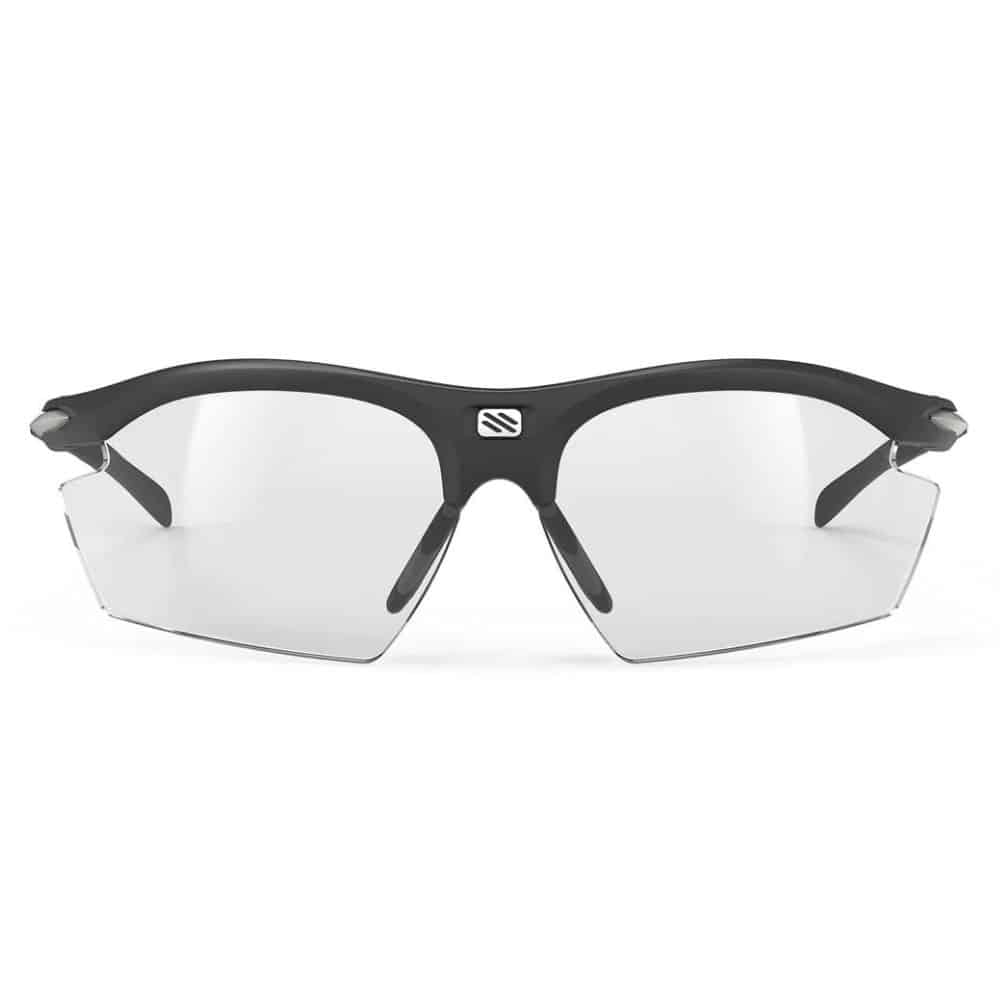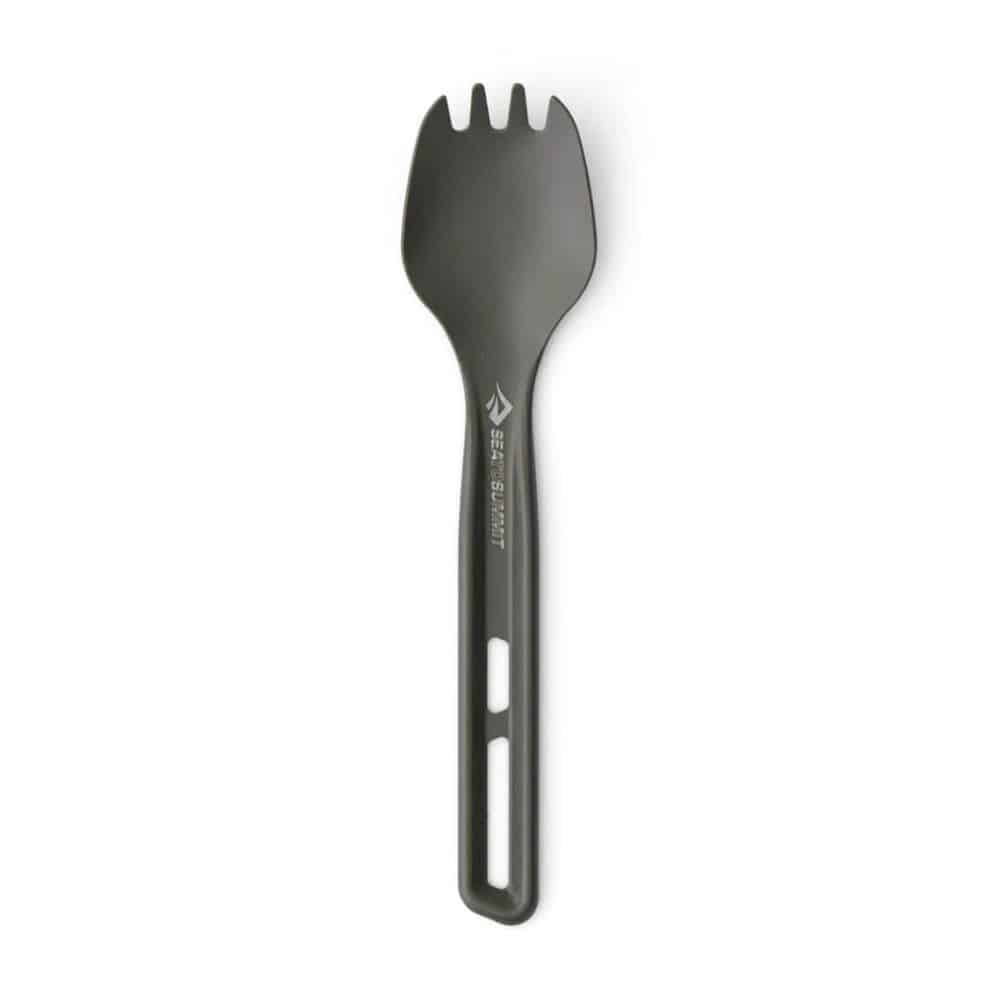This article may contain links to products and services we use and recommend. We may receive compensation when you click on links to those products. For more information, see our Disclosure Policy.
Whether you pack for a two-week vacation or a year-long backpacking trip around the world, you don’t need more than carry-on luggage. How would I know? I have done it all – from giant suitcases and 70-litre backpacks to full-time carry-on travel for the past e years. All my learnings are in this guide – from practical tips to travelling light to the ultimate carry-on packing list for men. Join me and experience the freedom of minimalist travel.
If you’re female, head over to our carry-on packing list for women, where Sandra shares her learnings from over eight years of carry-on-only travel. And if you love to go for a run while travelling, we also have a running gear packing list for you.
By the way, this article prepares you for travel in any season and weather. If your trip takes you into the Tropics, you may not need a down vest or extra-warm hoodie. Likewise, if you go skiing in Canada, you may need a few warm layers (but you may want to leave your sandals and swimwear at home). Use common sense, and check the weather at your destination if unsure.
Luggage and Organisation
If you don’t have carry-on luggage yet, check out our guide to find the carry-on travel pack that’s right for you. Below are the luggage and organisational items I currently carry with me, or – if an item is no longer manufactured and available for sale – what I would purchase if I had to replace it today.
Travel Pack / Packing Cubes
I began my minimalist journey with the Tortuga V2 travel pack, which served me well for almost seven years until fraying seams marked its end. When replacing it, I opted for the Matador GlobeRider45 Travel Backpack, which best suited my needs for durable, lightweight, and weather-resistant carry-on luggage.
To maximise space in my pack, I originally used Tortuga-specific packing cubes. However, when upgrading my travel pack, I transitioned to the Matador Packing Cube Set (3-Pack) to match my Matador GlobeRider45. These cubes are lightweight, water-resistant, and highly versatile, perfectly fitting the backpack’s internal dimensions.
What sets the Matador Packing Cubes apart is their commitment to sustainability. Matador prioritises responsible production processes and durable designs to reduce waste. The cubes are crafted to last through years of travel, aligning with my minimalist ethos of owning fewer but higher-quality items.
The cubes also enjoy glowing reviews from gear enthusiasts, with platforms like Pack Hacker praising their smart design, impressive weight-to-volume ratio, and durability. They’re ideal for efficient organisation, whether I’m packing clothes or keeping smaller items in check. If you value functionality without compromising environmental responsibility, these packing cubes are an excellent addition to your travel gear.
Daypack
Sandra and I share a daypack, and we’ve always travelled with one that is ultralight and packable. We use it as a personal item on the plane, as a daypack on hikes and around the city, and to carry our technical gear when we work in a library or cafe. We even carry heavy groceries in it from time to time, supplementing our Sea to Summit Ultra-Sil Shopping Bag (also shared).
We initially purchased a Tortuga daypack in 2016. It got a lot of use, but the seams needed to be stitched up over and over. A year later, we purchased the Matador Daylite 16 (no longer manufactured), which lasted about two years. This time, the main compartment zipper was the weak point. As we liked the ultra-lightweight, yet durable material, we stayed with Matador – purchasing the Matador Freerain24 (also no longer manufactured). Serving us well for four years, in the end, its mesh side pockets started to disintegrate.
We have experienced first-hand how Matador products have improved over the years, and why change if you’re onto a good thing. Our current ultralight daypack is the Matador Freerain22.
Wallet
You need something to store your cash and cards. I usually only carry notes, two cards (my driver’s licence and a credit card) and a few business cards (you never know who you’re bumping into). Sandra carries a coin purse, so I don’t need to worry about change. For that reason, my wallet doesn’t need to be huge.
After researching alternatives with stronger sustainability credentials, I chose the Corkor Minimalist Credit Card Wallet (Cards Sleeve), handcrafted from FSC®-certified cork leather. Vegan, durable, and ethically made in Portugal, it reflects our values of conscious consumption and low-impact living. I’ve had it for three years and am very happy with it.
Shoe Bag
I only own three pairs of footwear, and the ones I’m not wearing go into my travel pack. Especially my running shoes get smelly, so I wanted to have a bag specifically for my shoes. I’m a US size 12, and all lightweight shoe bags I looked at were too small. I ended up buying a packing cube instead: the Osprey Ultralight Large Packing Cube, which fits my running shoes and sandals perfectly.
Stuff Sack
I use my waterproof stuff sack mostly to store dirty laundry, but also on occasion to (temporarily) store wet clothes and as extra protection for our valuables in pouring rain – just to be on the safe side.
Assessing Ethical and Sustainable Brands
We carefully evaluate gear and business tools for their quality and longevity, but we also prioritise products made with ethical and sustainable practices. Explore our trusted resources to discover how manufacturers are reviewed for their sourcing and production methods.
Clothing
My clothes are predominantly made of merino wool. I’ve driven past the green fields in Australia and New Zealand where the sheep graze and the wool is grown, and I feel good about buying my items from companies that embrace sustainability.
Below are the clothes I currently wear on my travels (no matter the location or climate), or – if they are no longer manufactured and available for sale – what I plan to replace them with when they’ve reached their end of life.
Underwear
How many pairs of underwear do you think you need? We travel with seven pairs each. This way, we only need to wash once a week.
- I wore ExOfficio Give-N-Go Boxer Briefs for the first 5 years of our minimalist journey. I had chosen ExOfficio based on overwhelmingly positive reviews on various travel forums, and I was very happy with them. While the ExOfficio Give-N-Go Boxer Briefs were very comfortable, when it came to replacing them, I was looking for a bit more support and my preferred material: merino.
- After trialling a pair of Unbound Merino Boxer Briefs in May 2021, I was hooked. These briefs are very supportive around the entire frame and down the legs, allowing movement while still keeping things in place (you can read my full review here). I’ve now worn Unbound Merino Boxer Briefs for several years and couldn’t be happier.
Sleepwear
According to Men’s Health, 31% of Americans sleep fully clothed, and 52% partially clothed. While I’m not American, I fall into the majority. I sleep in a pair of Mitch Dowd Funny Bear Boxer Shorts year-round these days. These lightweight, breathable boxers add fun with their colourful bear design, combining comfort with a sense of humour. Perfect for warm and cool nights, they embody my minimalist yet functional travel wardrobe.
Socks
I only own three pairs of socks (not including my running socks). As I replace them annually, I’ve had the opportunity to test a lot of different brands and models, from Icebreaker and Macpac to Unbound Merino, Smartwool and now Fox River. Out of the bunch, I like the Smartwool and Fox River socks the most.
Layers
Layering (especially with merino garments) allows you to travel light in any season. My current layers are:
- T-Shirts: I travel with three t-shirts, all are Unbound Merino Crew Neck T-Shirts, which are 100% Merino. I can wear them for three to four days without smelling, even in tropical climates. No cotton or polyester shirt would last that long. I have worn Icebreaker, Macpac and even Allbirds over the years (yes, they don’t only make shoes), but Unbound Merino t-shirts (with merino wool sourced from Australia) are hands-down the best quality t-shirts I’ve come across to date. Regarding sun protection, I compromise and wear my Proviz Reflect360 Long Sleeve Top – a running top usually reserved for cold weather. It’s bright and covers my arms but has no advertised UV protection.
- Hoodie: After years of wearing Merino hoodies and zip-up jackets from Icebreaker and Macpac—and noticing rising prices alongside declining quality—I now exclusively choose the Unbound Merino Compact Travel Hoodie. It is my go-to extra-warm layer for cool evenings. Given that my pants are all black (more on that below), I selected Sahara for the first top and currently own a charcoal Unbound Merino Compact Travel Hoodie.
- Down Vest: I used to wear an Unbound Merino men’s tank over my T-shirts, but that combo proved too warm. These days, I slip on my Jack Wolfskin Bergland down vest instead. At just 305 grams, it stuffs into a pouch no bigger than my fist yet keeps the chill at bay when the mercury drops. Tip: A lightweight down vest is a far more versatile—and pack-friendly—way to handle crisp mornings than lugging an extra jumper.
- Rain Jacket: I chose the Patagonia Men’s Torrentshell 3L Rain Jacket after extensive research. It strikes the perfect balance of durability, weather protection, and sustainability—essential for minimalist travel. Its waterproof, windproof, and breathable three-layer construction keeps me comfortably dry in persistent rain or strong winds. Practical features like pit zips for ventilation, adjustable cuffs, and a packable design (conveniently folds into its pocket) make it ideal for travel. Best of all, Patagonia’s ethical manufacturing aligns perfectly with minimalist and sustainable values.
Pants
Some people like to wear pants with zip half legs, I don’t. I travel with two long pants and two pairs of shorts – all black so that my wardrobe matches: black pants with a coloured top:
- Shorts: I used to own two pairs of black Columbia Silver Ridge Cargo Shorts, purchased in September 2017. I had used the same model in a lighter colour when I travelled around the Americas in our first year of full-time travel, but over time, they showed stains despite regular washing – hence the swap to black ones. In June 2024, I purchaed the Patagonia Mens Quandary Shorts as I was so impressed with the pants version.
- Long Pants: I wear shorts as much as I can, but for colder days, I have two lightweight pairs of long pants. I wore the same two Columbia Mens Silver Ridge Utility Pants for six years. They are very durable yet look smart enough to wear on date nights and formal occasions (including weddings). That said, when it came to replacing them, I swapped to Patagonia Men’s Quandary Pants which look even better.
Head, Neck, and Hand Protection
I’m not one to cover up my head unless it’s mainly sunny or cold, but having the right gear makes all the difference when braving extreme weather. Here’s what I rely on to keep comfortable across seasons:
Buff Merino Lightweight Neckwear
The Buff Merino Lightweight Neckwear is a staple year-round. I use it during summer for protection against sun and dust while hiking, and in winter, it doubles as a neck warmer. Lightweight and breathable, it’s easy to pack and endlessly functional.
Icebreaker Unisex Merino Pocket Beanie
The Icebreaker Unisex Merino Pocket Beanie is a must-have for winter runs or chilly mornings when temperatures drop below 6°C. It keeps my head warm without overheating and efficiently wicks moisture, making it comfortable for prolonged wear.
Macpac Merino Liner Glove
I trust the Macpac Merino Liner Glove to keep my hands warm and comfortable on cold days. Made from 95% merino wool and 5% elastane, they provide excellent thermal regulation, odour resistance, and a snug fit. While they’re not touchscreen-compatible, their lightweight design makes them ideal for layering under heavier gloves or wearing alone for casual use. These gloves are also sustainably crafted, aligning perfectly with my minimalist and eco-conscious lifestyle.
This setup prepares me for sunny and freezing conditions while keeping my gear light, functional, and sustainable.
Swimwear
After covering versatile clothing items suitable for different scenarios, swimwear is essential in any minimalist travel wardrobe—mainly if your adventures include beaches, rivers, lakes, or simply unwinding by the pool.
I recently updated my swimwear to the Patagonia Men’s Wavefarer Boardshorts for AUD99.95. Why Patagonia? Their products aren’t just durable and practical; they strongly align with my commitment to sustainability and intentional living. Made from 100% recycled nylon, sourced explicitly from discarded fishing nets (NetPlus® fabric), choosing these board shorts helps support ocean conservation and reduce plastic waste.
Why these boardshorts?
- Sustainable Materials: Made from 100% recycled fishing nets (NetPlus® fabric), bluesign® approved, free from harmful PFAS chemicals.
- Ethical Production: Fair Trade Certified™ sewn, ensuring fair wages and safe working conditions.
- Versatility and Durability: Lightweight, quick-drying, robust enough for surfing, yet stylish enough for casual wear.
- Travel-Friendly Design: Includes a secure zippered pocket for keys or cards, a reliable drawstring closure, and a comfortable fit that prevents chafing during extended wear.
Following swimwear, let’s discuss another crucial travel component: versatile footwear.
Sustainable 100% recycled nylon boardshorts with quick-dry, DWR coating, a secure fit, and a Fair Trade Certified™ sewn design.
Shoes
The right pair of shoes can greatly enhance your travel experience, ensuring comfort, support, and versatility across various environments. Following a minimalist philosophy, I own just three pairs of shoes: hiking shoes, running shoes, and sandals. Here’s how they fit into my carry-on travel lifestyle:
Hiking Shoes
My hiking shoes are the most important item in my travel wardrobe. For years, I relied on Salomon X Ultra LTR GTX models, which performed well in challenging terrains. As I transitioned to minimalist running in 2021, I shifted towards lightweight and zero-drop footwear for hiking as well. Initially, I used the Xero Shoes Xcursion Fusion, which offered water resistance and a minimalist feel. However, my preference for hiking shoes (over boots) led me to upgrade to the Xero Shoes Mesa Trail II in 2024.
The Mesa Trail II represents a balance of durability, weight, and comfort. Its new design includes enhanced grip, abrasion-resistant materials, and breathable mesh for maximum comfort during extended hikes. These shoes are not only lightweight but also align with Xero Shoes’ sustainability ethos, being free of animal products and designed for long-term use to minimise waste. They perform exceptionally in a variety of terrains, whether I’m trekking across rocky trails or navigating through damp environments like Indonesia’s Mount Rinjani.
Sandals
For hot climates and casual outings, my go-to sandals are the Xero Shoes Z-Trek, which replaced my older Aqua Cloud sandals in 2017. The Z-Trek combines minimalist design with durability, making it ideal for both beaches and city explorations. They’re also perfect for communal showers, providing protection and drying quickly. Xero Shoes’ commitment to sustainability, including its use of durable materials and a focus on product longevity, ensures these sandals have a minimal environmental footprint.
Technology
My technology list covers non-business items – items a normal traveller would carry on a longer trip. All of our technology items are best of breed for our purposes. If you’re after the technology and tools we use and recommend for digital nomads, check out our small (remote) business resources.
Sandra and I share both the Nitecore battery pack and OneAdaptr OneWorld135.
Headphones
I wear my headphones (almost) every day, listening to podcasts and audiobooks on aeroplanes, trains and buses but also on my morning runs. My headphones are the Jabra Elite 8 Active. They weren’t cheap but included several features I was looking for:
- Waterproof (including a warranty against sweat damage);
- Long-lasting battery (more than four hours of playtime, coupled with a portable charging case);
- Microphone (so that I can also use them on calls); and
- Fit my ears while I run (they come with four different-sized covers, ensuring a snug fit).
Flashlight/Headlamp
In our first year of full-time travel, we carried a strong yet ultra-light flashlight. We sold it as we didn’t use it (often enough), only to realise that we did need a (hands-free) light (on multi-day hikes, in dimly lit caves, etc). Thus, we are now travelling with a Nitecore NU25 400L Headlamp each.
Toiletries
Apart from a Coconut Matter Deodorant, I carry
- a Merkur 46C Travel Safety Razor and shaving soap (which I keep in my Matador Flatpak™ Soap Bar Case);
- a Groom Mate Platinum XL Plus Nose Hair Trimmer (which I also use to trim unruly eyebrows);
- a bamboo toothbrush (which is protected by a Matador Toothbrush Cap made from silicone) and toothpaste; as well as
- sunscreen
- insect repellent.
I always stay within the 100ml allowance for carry-on (obviously), and use zero-waste products where possible. I keep my toiletries in a small Sea To Summit Travelling Light Hanging Toiletry Bag.
Accessories
Apart from our (shared) Klean Kanteen Wide Water Bottle, my Hammamas Towel, my Rudy Project Rydon Sunglasses, and my Sea to Summit Frontier Ultralight Spork, I also carry our (shared) first aid kit, a Sea to Summit Lite Line Clothes Line, a reusable face mask, and two Osprey Cable Locks (for the rare occasion I need to check my travel pack).
Minimalist Travel Wardrobe and Carry-On Packing List Summary
If that was a lot to take in, don’t worry, I’ve collated all of it into the list below. In addition to the below, I also travel with
- my running gear for travellers – not everyone runs, so it was not appropriate to list them here; and
- technology gear I use as a digital nomad – again, not everyone travels with a laptop or drone.
If you’re neither a runner nor a digital nomad, you’ve got even more space in your travel pack.
Do you love to run while exploring new destinations?
Packing the right running gear is crucial to maintaining your routine on business or leisure trips. As a seasoned runner, I always seek the best minimalist gear to make travel runs seamless and enjoyable. Do you have any recommendations or tips for the ultimate packing list? Share your insights and help fellow runners optimise their travel kits.
Before you go, if you liked our article and found it helpful, we would appreciate it if you could share it with your friends and family via the Share buttons below. Even better: Leave a short review on Trustpilot or Google, which would help us further build our online reputation as a (trustworthy and helpful) travel and lifestyle blog.

